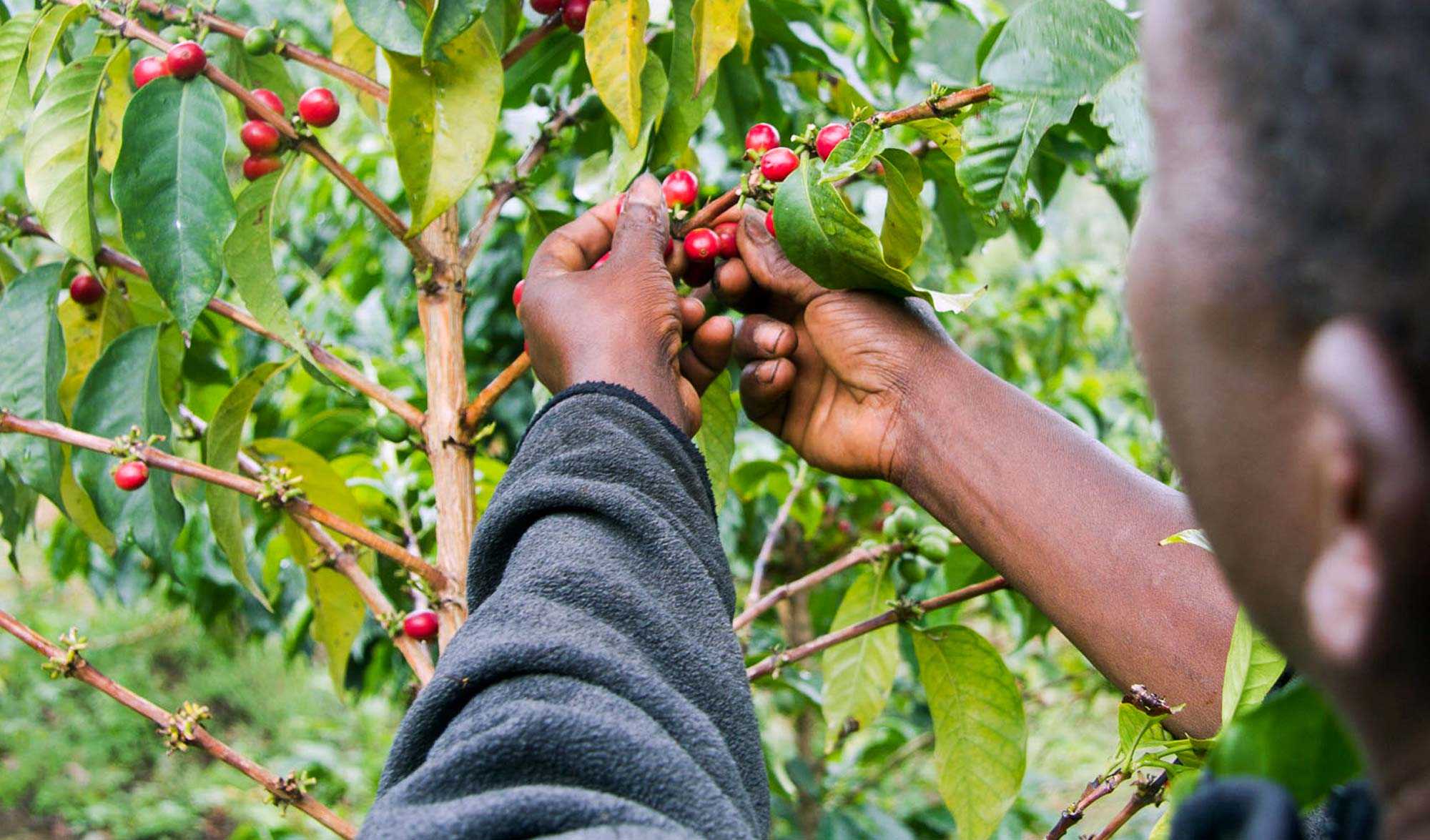Coffee, the elixir of modern-day living, the one beverage that helps you kick-start your morning, is destroying the planet in many ways. Even as coffee becomes the second most tradable item after oil, a large majority of the world’s coffee is now being grown in direct sunlight, rather than under the shade of a canopy of trees.
These full-sun coffee farms are basically large plots of monoculture and have a huge imprint on our environment. So how do you make sure that your favourite beverage is responsibly sourced?
A young wildlife scientist found during her PhD research that while all the big coffee companies of the world are part of an eco-certification process, in India, the conditions were such that little was changing on the ground—whether environmental or social. That’s when Arshiya Urveeja Bose decided to change the course of her life and set up Black Baza Coffee (www.blackbazacoffee.com), a company that works with coffee-growers in Kodagu in Karnataka to contribute to biodiversity conservation, while at the same time ensuring a fair price to them.
Groundbreaking research by scientist Claude Garcia in a report by the French Institute of Pondicherry in 2011 has shown that since the 1970s, almost 33% of forest cover in Kodagu has been lost because of the removal of shade trees on coffee farms. Since the coffee agroforestry system of Kodagu is probably one of the most biodiversity-rich coffee systems on the planet, what happens here has a global relevance. Garcia’s research further showed that the conversion from shade to sun, along with the planting of exotic silver oak trees, has contributed to the ecological damage in the region.
Arshiya’s own research further showed that small coffee-growers are heavily exploited by traders in the value chain, often getting 20-25% less than the market price and facing severe cycles of debt. And that was her prime motivation to set up her own coffee company. “There were serious social and environmental issues that had been measured, but existing mechanisms (like certification) weren’t really addressing these problems,” she says. As she states: “I set up Black Baza Coffee with the specific aim of resolving these problems through a long-term partnership with coffee-growers.”
So how does she ensure her coffee is biodiversity-friendly? Arshiya works with the farmers to make sure a number of conditions are met, such as ensuring there is a mixed canopy structure, no use of chemical pest control, no regulation of tree branches and silver oaks are planted only along the boundaries of the farm. And the results are now beginning to show.
Their impact studies have shown that the shade cover on the Robusta farms was as high as 78%, soil moisture has gone up and toxicity is less. Arshiya has also partnered with a nursery to source endemic tree species for restoration work. In return for this investment in the environment, her company guarantees a buyback of coffee, works out long-term partnerships as opposed to yearly ad hoc purchase cycles and provides premium over the market price, along with printing the name of the farm and producer on every bag of coffee sold.
So how does the coffee taste after all these measures? Arshiya states proudly: “We would like to call ourselves the ‘single malt of coffees’ or the ‘Rolls Royce of coffees’; the truth is most people who buy our coffee do so because it’s delicious! They like the flavour. They like that we door-deliver within a week of roasting. They like that we custom-grind the beans for them depending on what brewing equipment they use”.
But is this model of coffee farming and marketing financially viable? Arshiya is honest that while it may be too soon to answer this, they have all the initial hiccups of any start-up. But she is satisfied that she is able to do about 4.5 tonnes of coffee a year, which is decent for a specialty coffee company in India. Her goal is to be able to look after her producers and employees, monitor biodiversity and invest in quality improvement, which is why long-term financial sustainability is a must.
In the coming year, she aims to set up moth traps to study insect diversity on her partner farms, the presence of cavity-nesting birds and how much carbon is sequestered. Her own research has shown as many as nine species of wildlife were recorded on their partner farms, from elephants to the jungle palm squirrel, so clearly some contribution to biodiversity and life forms is happening.
Just recently, one of her coffee-growers discovered the presence of three small-clawed otters on his estate. The farmer was so overjoyed with the discovery, says Arshiya, that he has voluntarily become an ‘otter-vigilante’.
Now, if only all coffee companies could be spreading this green revolution, that morning latte would be even more pleasurable.
Bahar Dutt is a conservation biologist and author of Green Wars: Dispatches from a Vanishing World.
Bahar Dutt


















